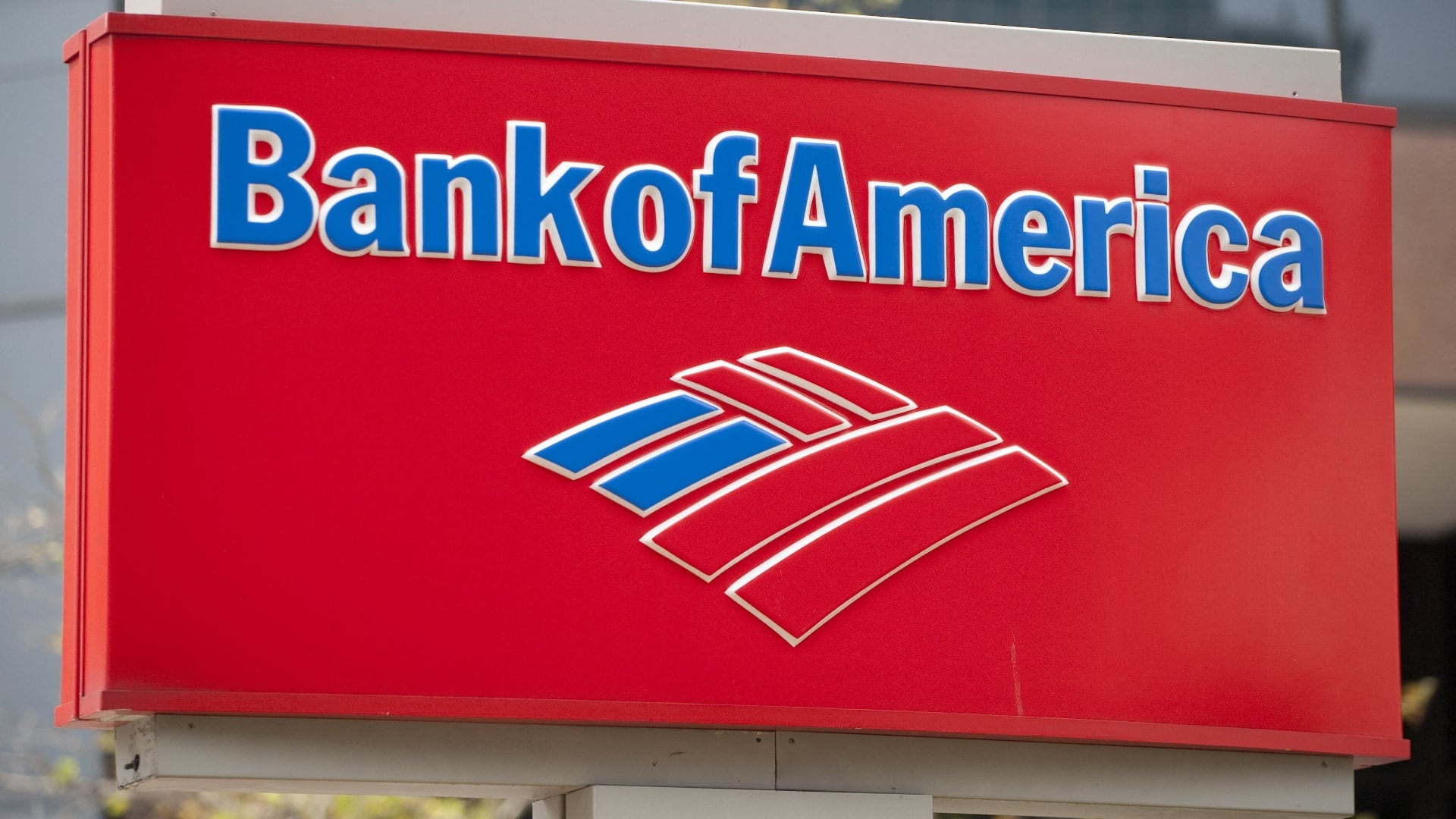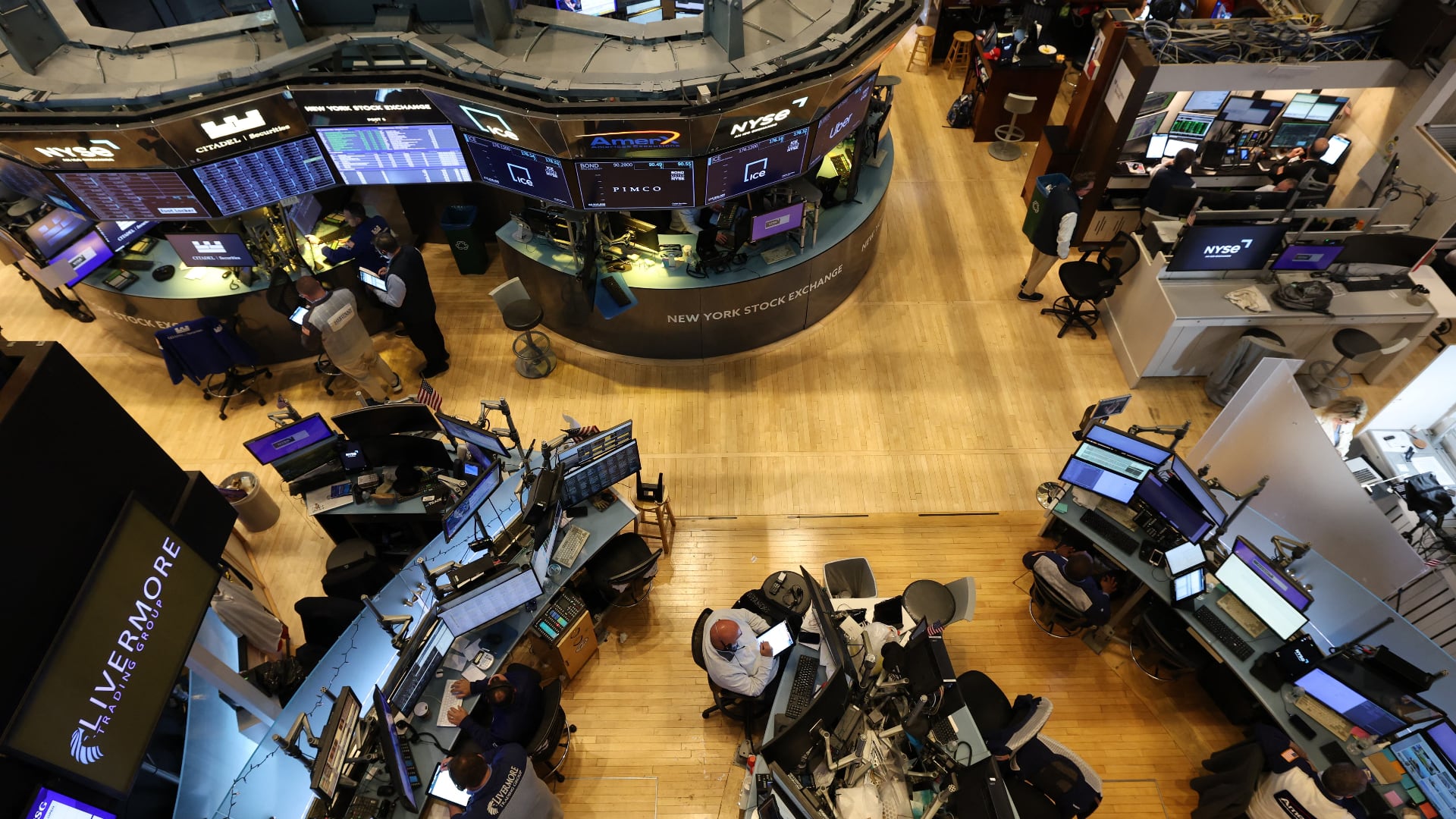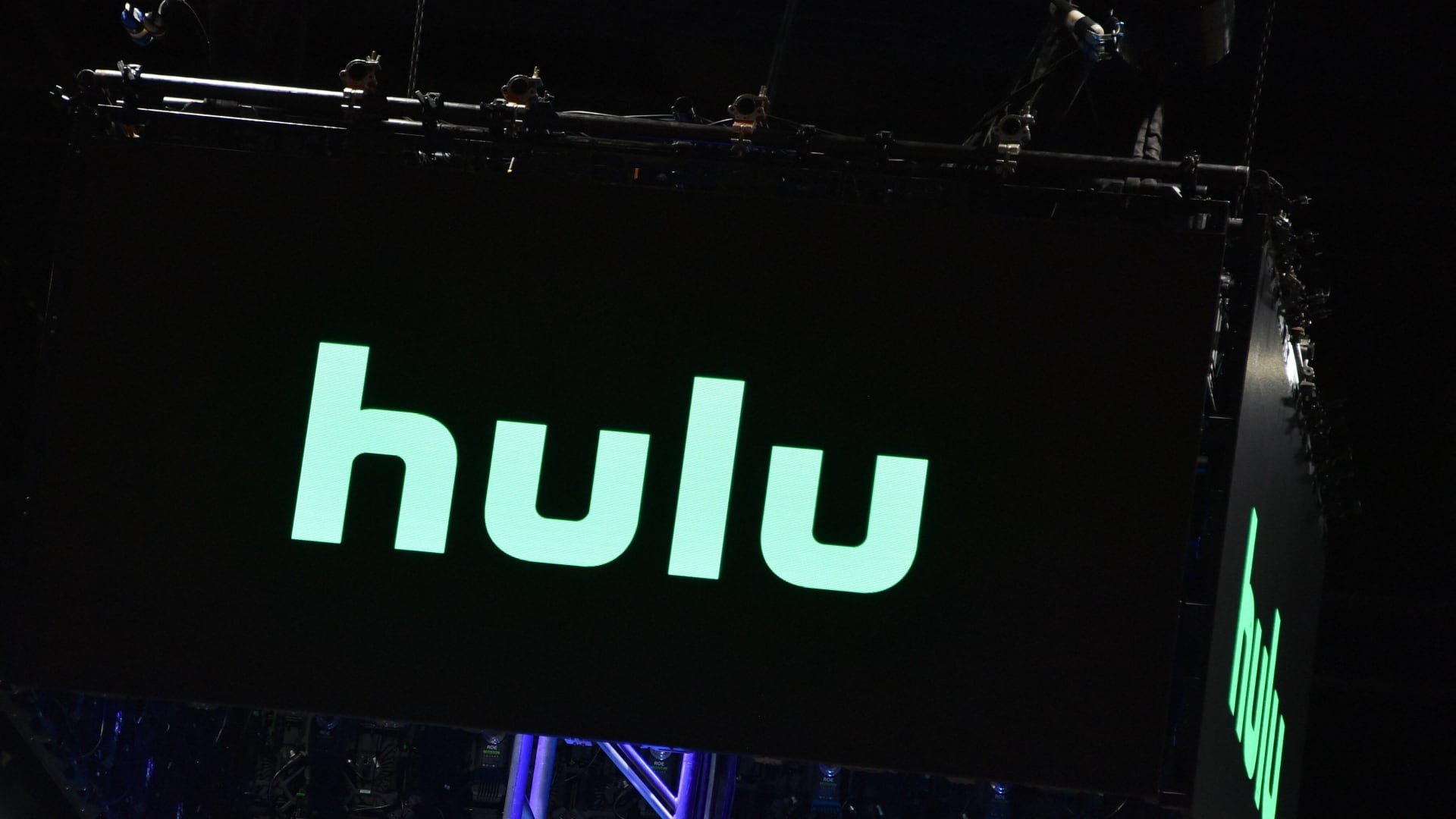*By Tanaya Macheel* Millennials have gained a reputation over the last decade for being greedy, careless, and selfish. But the demographic that came of age during the 2008 financial crisis — brought on by the financiers of the generation before them — may actually be anything but that. “What the financial crisis did was it brought a sense of awareness to people,” Ramya Joseph, founder of the digital financial adviser Pefin, told Cheddar on Wednesday. “You have to wisen up about what’s going on with your money, and you have to be more focused about how to achieve the plans you want without taking on debt you don’t need. Just investing is not going to do it for you — it’s the first time people felt investing is not the solution.” Joseph was a trader at Goldman Sachs in 2008. Her father, who was in his 60s at the time, lost his job and found himself overwhelmed by the thought of early retirement. Helping create a financial plan for him inspired her to the same for others — people across different generations having trouble managing their financial lives. Historically that’s been difficult for people regardless of their age, education, or experience; financial advisers and institutions have made money by making their products and services so complicated or so boring that they’ve gotten away with all kinds of "gotcha" fees ー or charged people to manage their money for them. But for a much smaller fee, people can take control of their money and their own lives. That’s what millennials really want, if the crowded robo-advisor space is any indication. “What we do is focused on financial planning” for big life moments that matter to people, like having a baby, buying a house or retiring, and giving people “the advice they need and the type of planning services they need without being sold services they don't want,” Joseph said. Pefin charges $10 a month ー compared to a traditional adviser that charges $2,000 to $5,000 ー for a subscription-like service in which users get a financial plan that outlines how much money to 1) save based on goals, 2) put into a 401(K) or IRA, and 3) to use to pay down debt. Users don’t necessarily need to buy a product with Pefin — that’s a matter of choice, Joseph said. They can also opt to take Pefin’s advice but invest or trade on other platforms. As Pefin is a fiduciary, it promises to always act in the best interest of its customer, in many cases advising people not to invest their money at all, if their financial history and snapshot show they aren’t ready, Joseph said. Despite the growing popularity of digital advisers, neither those companies nor their target customers have yet experienced a market downtown, and it isn’t clear what will happen or how they’ll respond to clients during the next major financial crisis. That’s where Joseph insists Pefin is different from other robos: its focus in on long-term investing. “If there was a market crash, we would see that coming and allocate your portfolios very differently,” she said. “There are many situations where we actually tell you to hold cash — there are reasons to hold cash. It’s not like a robo-advisor, where the goal is to take your money and transact and invest.” For full interview [click here](https://cheddar.com/videos/how-the-financial-crisis-changed-the-way-millennials-look-at-money).












